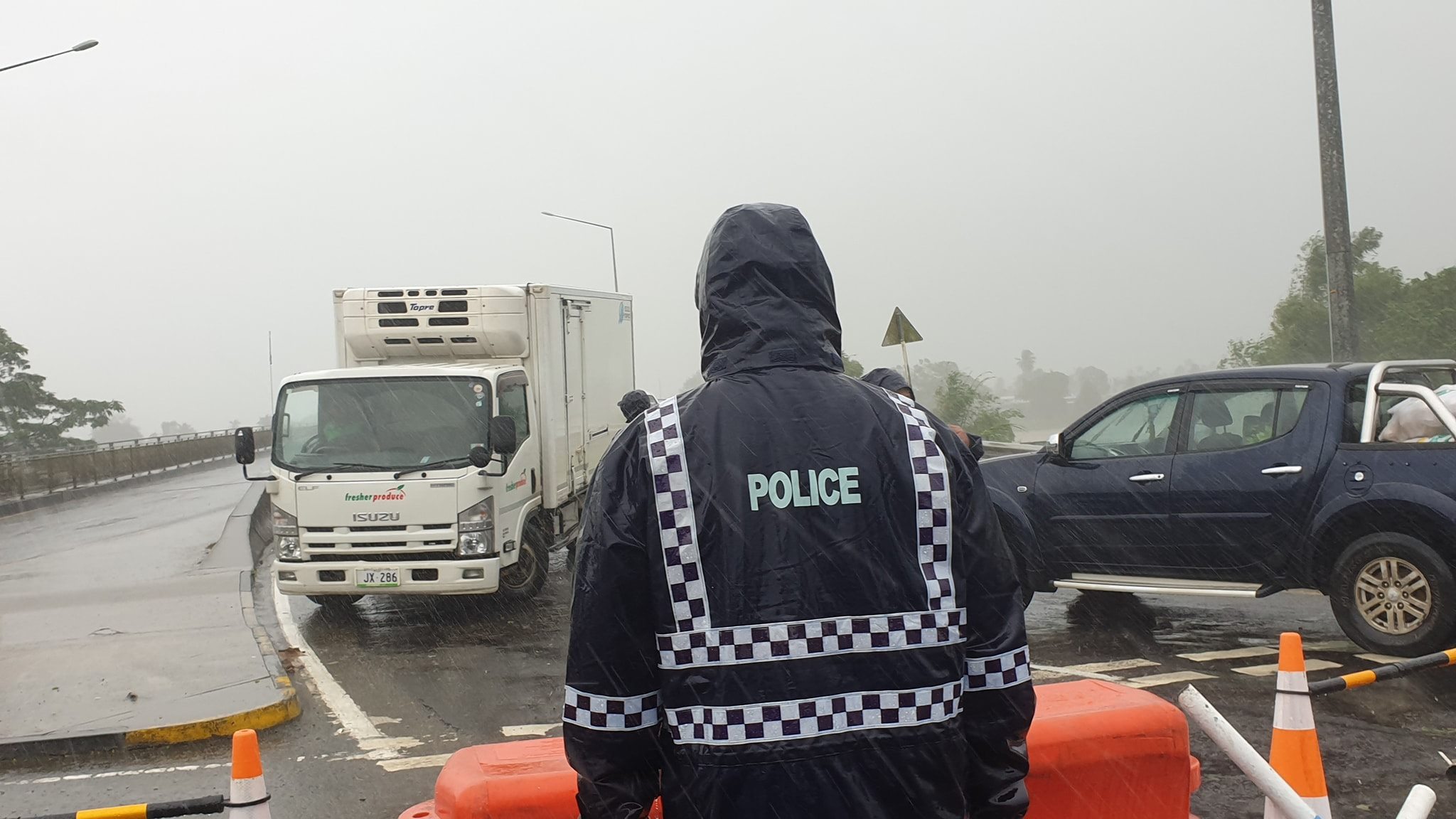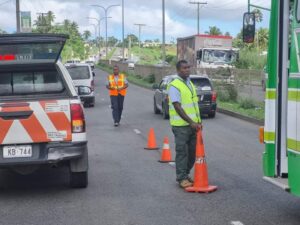Pending police brutality-allegation cases and the number of officers charged with serious violence offences raise a lot of red flags, enough not to rush in passing Fiji’s draft Police Bill 2020, says a local human rights civil society group.
NGO Coalition on human rights (NGOCHR) says the bill gives more powers to police, expressing concerns about its impact on the freedom and safety of all Fijians given the disciplinary institution’s human rights violation cases for using excessive force during arrests.
NGOCHR also questioned the rationale of having the Ministry of Defence and National Security oversee public consultations on the Bill, the mandate for which they believe lies with the parliamentary standing committee.
“It is not the mandate of the Ministry of Defence and National Security to manage the consultation process nor make amendments to a Bill. Their handling of this particular Bill, …raises serious ethical concerns,” NGOCHR said in a statement.
“A working democracy must protect and ensure good governance, accountability, transparency and due process at all levels, and even more so when passing laws that will infringe on the fundamental rights and freedoms of every Fijian in this country if passed into law by parliament.”
Pointing to data obtained from the Office of the Director of Public Prosecutions between May 2015 and April 2020, NGOCHR said 400 police officers were charged with serious violent offences, including 16 charges of rape, two charges of murder and nine charges of manslaughter.
“This is not the time to rush and pass a Bill that gives the Police more powers over individuals when cases of police brutality have yet to be investigated.”
Launched last week, on Wednesday 3 March 2021, public consultations on the Police Bill 2020 opened with online submissions, for 30 days, and face-to-face consultations were intially scheduled to start this week.
In its current form, the bill which repeals the Police Act 1965, reportedly provides, among others, that a person who refuses to hand over electronic devices believed to have been used, or is being used or may be used to commit an offence, is liable to life imprisonment. It also empowers police officers to secretly or forcefully enter premises to place tracking devices, recruit informers and discourage officers from joining a union. The bill also empowers officers to search a crime scene and seize potential evidence without a warrant, with a prison term of up to five years sanctioned against those who get in the way.









